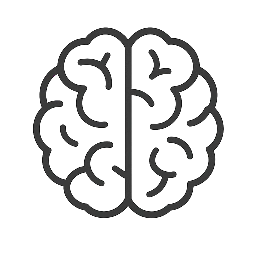
Burnout is a state of emotional, physical, and mental exhaustion caused by excessive and prolonged stress. It can affect anyone, especially those juggling demanding work schedules, personal responsibilities, and high expectations. Recognising the early signs of burnout is crucial because timely intervention can prevent more severe consequences and help restore balance and well-being. Here are the top signs you might benefit from early intervention for burnout:
- Chronic Fatigue and Low Energy
Feeling tired constantly, even after a whole night’s sleep, is a common early sign of burnout. This persistent exhaustion can make it challenging to face daily tasks and reduce productivity. - Decreased Motivation and Performance
If you notice a significant drop in your enthusiasm for work or activities you once enjoyed, it may indicate burnout. Tasks that used to be manageable might now feel overwhelming or pointless. - Increased Cynicism or Negative Attitude
Burnout often leads to a more cynical outlook on your job, colleagues, and life. You might express negative thoughts more frequently or feel detached from your work. - Difficulty Concentrating
Struggling to focus or experiencing memory problems can be signs of burnout-related mental fatigue. This cognitive decline can impact your ability to make decisions and complete tasks efficiently. - Physical Symptoms
Burnout doesn’t just affect your mind; it can manifest physically through headaches, stomach issues, muscle tension, or changes in sleep patterns. Persistent physical discomfort without a clear medical cause should not be ignored. - Emotional Exhaustion and Irritability
Feeling emotionally drained, overwhelmed, or easily irritated by minor annoyances is a standard indicator of burnout. You may find it challenging to manage your emotions or maintain patience. - Social Withdrawal
Avoiding social interactions or feeling isolated from friends, family, or coworkers can signal burnout. This withdrawal often stems from feeling too overwhelmed or disconnected to engage with others. - Reduced Satisfaction and Sense of Accomplishment
A diminished sense of achievement or satisfaction from work or personal life can indicate burnout. You might feel ineffective or question the value of your efforts.
Why Early Intervention Matters
Addressing burnout early can prevent its escalation into more serious mental health issues such as depression or anxiety. Early intervention strategies include setting boundaries, seeking support from friends or professionals, practising self-care, and making lifestyle adjustments to reduce stress.
If you recognise several signs, consider contacting a healthcare provider or mental health professional. Early support can help you regain control, improve your quality of life, and build resilience against future stress. Remember, acknowledging burnout is the first step toward recovery and well-being.

Leave a Reply